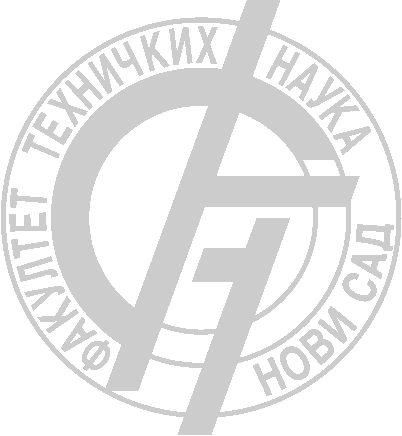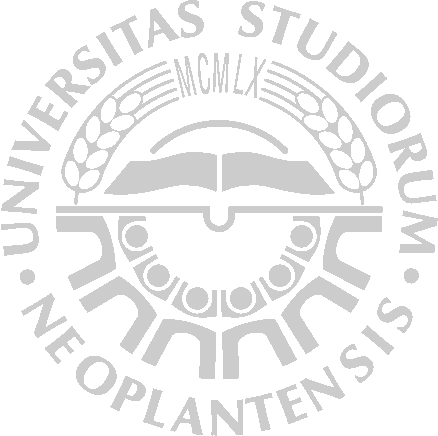Speaker / Predavač
Matthaios Bournasos
National Technical University of Athens, Greece
Naslov / Title
Critical and elementary dialogues
Sažetak / Abstract
The pragma-dialectical model of argumentation is an approach in the theory of argumentation developed by Frans van Eemeren and Rob Grootendorst. By combining pragmatical insights from speech acts theory and discursive analysis, with an theoretically idealized model of a critical discussion, it’ s creators hoped to develop a tool for both, heuristic and evaluative purposes. First and foremost, they hoped to systematize the procedure of reconstructing real life dialogues, so that the argumentative content of those dialogues would be brought to the surface. This argumentative content of the dialogues they would then evaluate, on terms of the contributions of those arguments in resolving a difference of opinions on the merits. In order for the proclaimed goal of resolving a difference of opinion on the merits to be achieved, suitable argument schemes, stemming from the institu- tional macro-context, must be added to the logical deductive rules, where the logical rules enjoy a universal acceptance. This acceptance, emanates from their problem solving capabilities, in accordance with Else’s Barth version of critical rationalism. Taking it a step further, perhaps than any argumentation theorists before them, van Eemeren and Grootendorst, have supplied their model of a critical discussion, with a set of rules, on terms of which they manage to offer us a generalised definition for the notion of fallacies. This has been a major success, because, elaborate as they may be, the lists of fallacies created by the predeces- sors of the pragma-dialecticians, have restricted the application of the notion of fallacy in procedures that aren’t normative in nature. Taking this theory of argumentation as our starting point, we have developed within the framework of argumentation logic, a formalism for the concept of critical discussion, which is built upon the notion of elementary dialogue that we have defined, as the simplest form of argumentation exchange. Divided into the categories of extensional and intentional elementary dialogues, by defining the notion of elementary dialogue, we hope to make justice to the inherently different procedures of checking whether a proposition is already accepted, and thus we need only check the list of the propositions which enjoy the consensus of the parties which take part to the dialogue or, whether the acceptability of this proposition is defended using some, mutually accepted argument scheme, taking as premises already accepted propositions. Having defined our notion of a critical dialogue so that it satisfies the rules 1 of a critical discussion, we hope to create an automated procedure for the lo- cation of fallacies in real life dialogues, thus helping in the improvement of the dialectical procedures taking place in every aspect of human activity.
date/vreme: /09/2019, h
venue/mesto: ucionica 305, na 3. spratu u Nastavno bloku FTN

